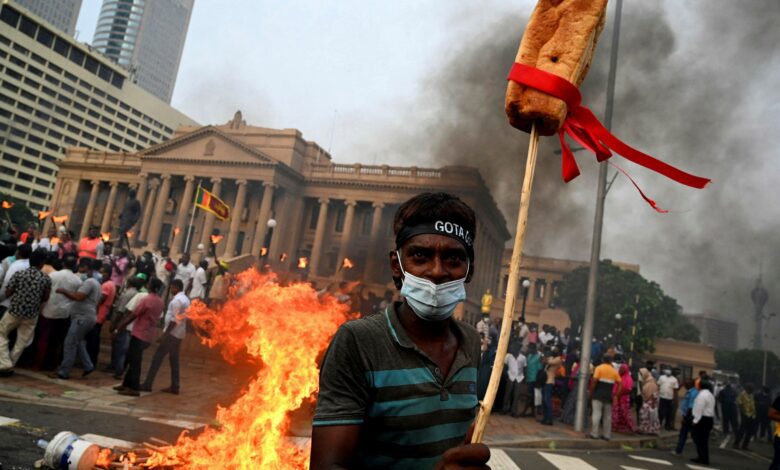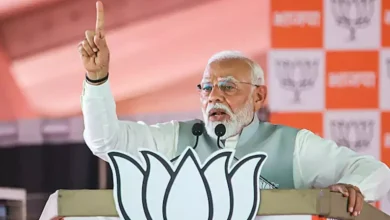Sri Lanka declares state of emergency due to economic crisis: Violent protests & Army on streets erupt Civil war-like situation
The island nation of 22 million people is on the verge of collapse, due to heavy debt and negligible forex reserves.

Sri Lanka has declared a nationwide state of emergency, giving sweeping powers to security forces as the country faces worst economic crisis in decades. The President invoked the tough laws allowing the military to arrest and detain suspects for long periods without trial as demonstrations calling for his ouster spread across the South Asian nation.
The emergency was declared for “protection of public order and the maintenance of supplies and services essential to the life of the community,” he said in a proclamation.
The nation of 22 million is facing severe shortages of essentials, sharp price rises and crippling power cuts in its most painful downturn since independence from Britain in 1948.
The crisis in the South Asian nation comes at a time when Europe is already witnessing one of its worst wars in recent decades in Ukraine.
Analysts have blamed mismanagement of the economy for the crisis. “Sri Lanka is a classic twin deficit economy. Twin deficits signal that a country’s national expenditure exceeds its national income, and that its production of tradable goods and services is inadequate,” Reuters citied a 2019 Asian Development Bank working paper as saying.
Sri Lanka is facing a debt of $4 billion while it has only $2.31 billion in reserves. Among major lenders are the Asian Development Bank (majority stake China), Japan and China.
Sri Lanka has signed a $1 billion credit line with India for importing essentials and it seeks another $1 billion from the neighboring country.
According to economic policy experts, a bailout from the International Monetary Fund (IMF) is the only viable option for Sri Lanka to tackle its debt of nearly $4 billion. “The IMF will initiate discussions with Sri Lankan authorities on a possible loan program in coming days”, an IMF spokesman said on Thursday.



